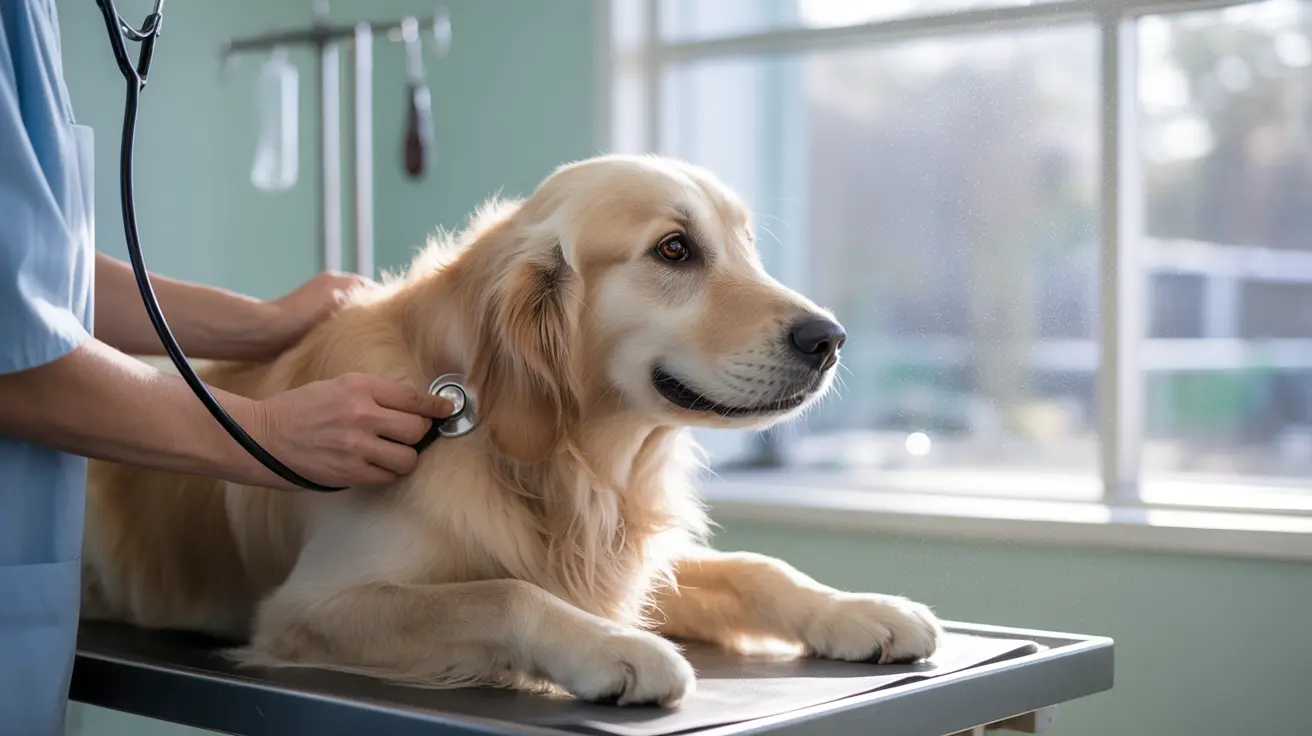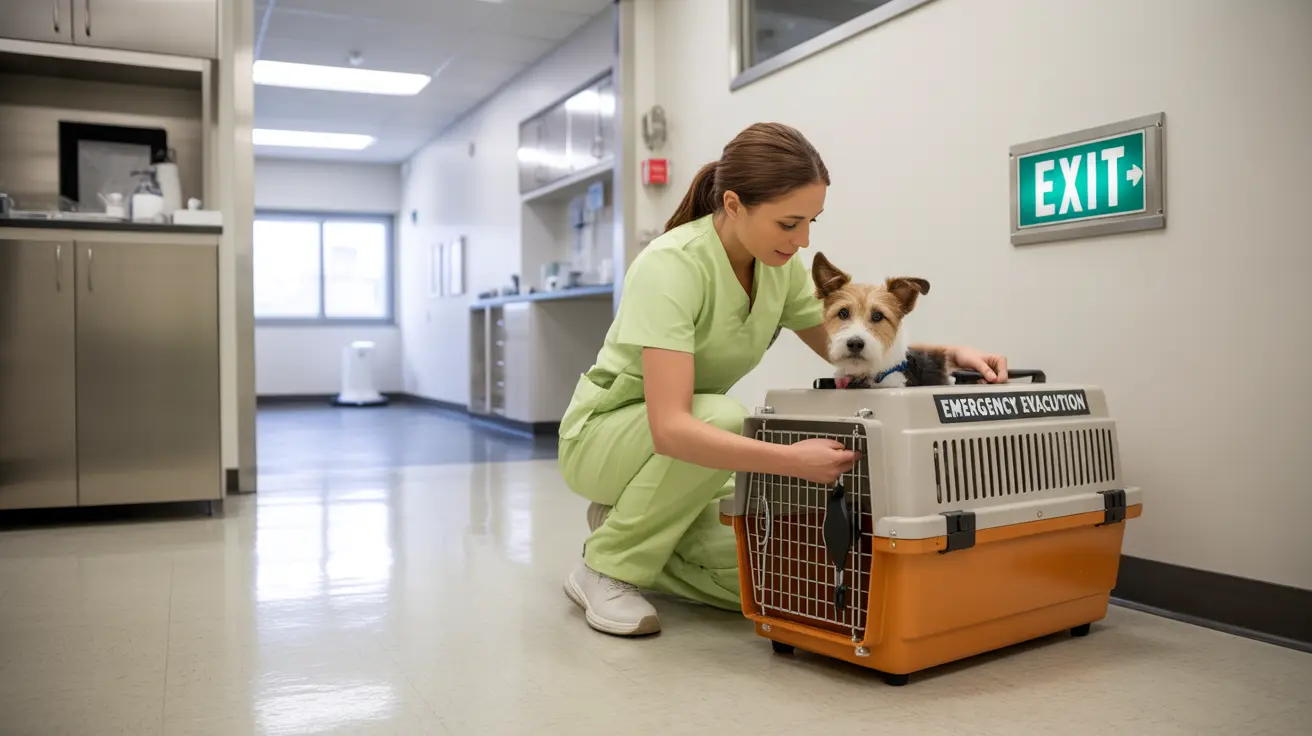How to Tell if Your Dog is Constipated or Has a Blockage
As a responsible pet owner, it's crucial to recognize when your dog might be experiencing digestive health problems. Two common issues are constipation and intestinal blockage. While they may appear similar, several key differences can help you determine the correct issue and seek the appropriate treatment.
Signs of Constipation in Dogs
Constipation occurs when your dog has difficulty passing stool. It can stem from various causes, including diet, dehydration, or lack of exercise. Look out for these symptoms:
- Straining to defecate with little or no stool produced
- Small, hard, or dry feces
- Discomfort or whining while trying to poop
- Decreased appetite or reluctance to eat
- Lethargy or general discomfort
Causes of Constipation
Some of the common causes include:
- Insufficient fiber intake
- Dehydration
- Lack of exercise
- Obstruction from ingested hair, bones, or foreign objects
- Enlarged prostate or tumors pressing on the colon
When It Might Be a Blockage
An intestinal or bowel blockage is usually more serious and may result from your dog swallowing a foreign object. Here’s how it differs from constipation:
- Repeated vomiting, especially after eating
- Severe abdominal pain or distension
- Lack of appetite or absolute refusal to eat
- Lethargy and signs of distress
- No feces or very little stool over several days
If your dog exhibits these symptoms, especially vomiting combined with little or no bowel movements, you should seek veterinary care immediately. Blockages can be life-threatening if not treated promptly.
How to Differentiate at Home
To determine whether your dog is constipated or blocked, consider:
- Is your dog trying to poop? If so, constipation is more likely.
- Is your dog vomiting or showing signs of distress? It could be a blockage.
- Has there been a change in eating or exercise habits recently?
- Did your dog chew or swallow a foreign object recently?
When to Visit the Vet
Regardless of the diagnosis, if symptoms persist beyond 48 hours or worsen, a visit to the vet is essential. The vet may perform X-rays, ultrasounds, or blood work to determine the cause.
Treatment Options
Here are common ways vets may treat these issues:
For Constipation:
- Adding dietary fiber or prescription diets
- Laxatives or stool softeners
- Hydration therapy
- Enemas (administered by professionals)
For Blockages:
- Imaging and diagnostic tests
- Emergency surgery to remove the obstruction
- Supportive therapy with IV fluids and medications
Prevention Tips
To reduce the risk of digestive issues:
- Feed your dog a high-quality, fiber-rich diet
- Encourage regular exercise
- Keep hazardous objects and non-food items out of reach
- Ensure they stay well-hydrated
- Regular vet checkups for ongoing health
Knowing how to recognize the signs of constipation or blockage could save your dog’s life. Always consult with a vet when in doubt.





